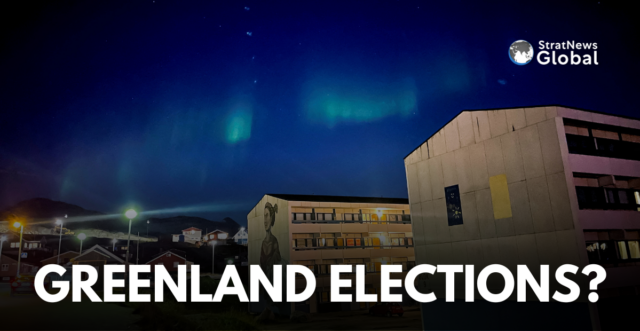Prime Minister of Greenland proposed on Tuesday that a general election be held on March 11, amid renewed interest from U.S. President Donald Trump in the Arctic territory.
This election announcement comes days after US President Donald Trump made a statement that he believes he will ‘get Greenland’.
Brink Of Elections
The upcoming election campaign is expected to revolve around the independence aspirations of Greenland, the development of the island’s fragile economy, and relations with Denmark, the United States, and the Trump government.
“We are in the midst of a serious time. A time that we have never experienced in our country. This is not the time for internal division,” Prime Minister Mute Egede said in a social media post that did not mention Trump.
Trump, in December, renewed his wish to control the strategically important island and did not rule out using military or economic power to achieve this.
The semi-autonomous territory of Denmark has said it is open for business but does not wish to be part of the United States.
Egede said he would now ask parliament to approve his proposal to hold an election. Greenland was due to hold parliamentary elections before April 6.
Denmark And Greenland
Denmark has ruled the island for centuries. Greenland was a Danish colony until 1953 and has since gained broad autonomy, including the right to declare independence, although Copenhagen remains responsible for Greenland’s security and foreign policy.
A majority of Greenlanders would vote for independence if such a referendum were held now, a recent survey by pollster Verian, commissioned by the Danish newspaper Berlingske and Greenlandic daily Sermitsiaq, showed.
Some 28% would vote against independence.
The island holds vast untapped mineral resources but its economy depends on fishing and annual grants from Denmark.
The poll also showed that 45% do not want independence if the standard of living is negatively affected, highlighting that the path towards independence remains unclear.
(with inputs from Reuters)





